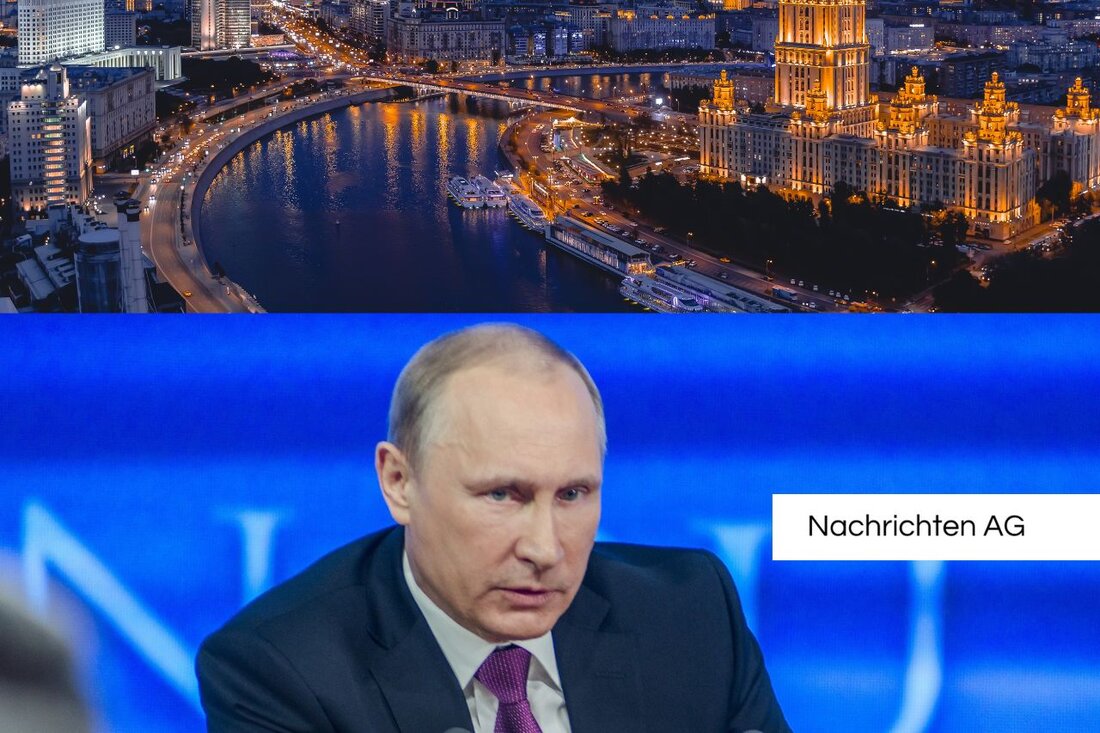Fight against plastic waste: global negotiations in Geneva postponed!
Negotiations against plastic waste in Geneva: The aim is a binding contract to reduce plastic production and waste.

Fight against plastic waste: global negotiations in Geneva postponed!
There is currently a lot of movement in Geneva in the negotiations for a global agreement against plastic waste. These discussions, which last several days, have a clear goal: to create a legally binding contract to drastically reduce plastic waste. The entire life cycle of plastic - from production to design to waste management - is examined. As np-coburg.de reports, the current meeting was postponed to Friday after intensive negotiations, but the exact time is still unclear.
Two camps meet here: On one side are Germany and over 100 other countries. These nations are committed to sustainably limiting plastic production, reducing single-use plastic and increasing recycling. On the other hand, countries with significant raw material reserves such as Saudi Arabia, Iran and Russia are trying to prevent production restrictions. The problem of plastic waste should not be underestimated. This not only damages our ecosystems, but also has devastating effects on human health. Tiny plastic particles can even be found in the organs and brains of living beings.
Urgency of the problem
The statistics speak for themselves: from the 1970s to 2020, plastic production rose to an impressive 367 million tons annually and could rise to almost 600 million tons by 2050. Disposable products in particular, especially packaging, contribute significantly to the flood of plastic. It is estimated that 152 million tons of plastic waste have already ended up in our rivers and oceans worldwide.
The negotiations in Geneva are therefore not just a legal matter, but an urgent necessity to protect our environment and our health. The coming days will show whether a compromise can be found that takes into account both the interests of producing countries and those of environmentalists.
Education for the future
But it's not just environmental issues that are in focus; education also plays a crucial role in our society. The platform LegendsofLearning.com has shown in a study that students who regularly use learning games can make significant progress in their test results. These games integrate seamlessly into lessons and promote a better understanding of the subject matter in a short time.
One of the largest studies of its kind, conducted by Vanderbilt University, showed that students were able to improve their grades by more than half a grade in just three weeks. Tools like Learning Universe also support compliance with state education standards while providing comprehensive reports on student progress. This means that they not only represent a powerful learning resource, but are also data protection compliant and ensure security in the educational sector.
Whether in Geneva or in our schools – the issues of the environment and education are inextricably linked and require our shared commitment to a sustainable future.

 Suche
Suche
 Mein Konto
Mein Konto